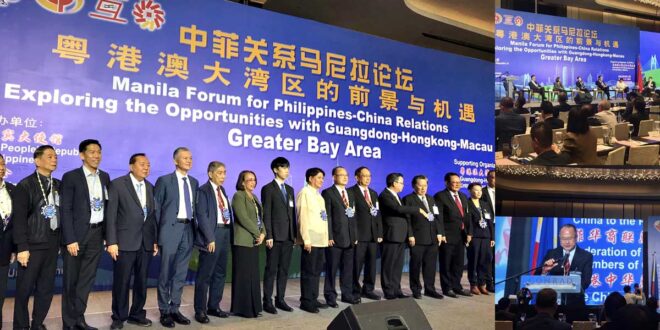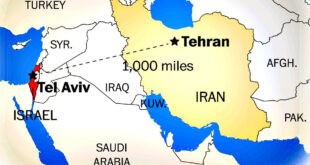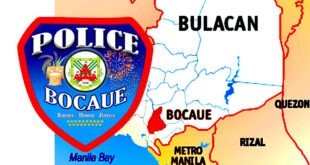Manila, Philippines – August 21, 2024 – The Federation of Filipino-Chinese Chambers of Commerce and Industry, Inc. (FFCCCII) has unveiled a visionary proposal to transform the Greater Manila Bay area into a leading economic hub, drawing inspiration from the success of China’s Guangdong-Hong-Kong-Macao Greater Bay Area. This ambitious plan was presented at the Manila Forum for Philippine-China Relations: Exploring the Opportunities with Guangdong-Hong-Kong-Macao Greater Bay Area, held at Conrad Manila in Pasay City, Metro Manila.
The proposal envisions a dynamic development strategy that will link Bataan, Cavite, Greater Manila, and Bulacan through a network of innovative infrastructure projects. This strategic approach aims to harness the economic potential of these interconnected regions, positioning the Greater Manila Bay area as a prime destination for investment and technological advancement.
The forum, organized by the Embassy of the People’s Republic of China to the Philippines, FFCCCII, the Chinese General Chamber of Commerce Hong Kong, and the Association for Philippines-China Understanding (APCU), with support from the Guangdong-Hong-Kong-Macao Greater Bay Area Entrepreneurs Alliance, highlighted the transformative potential of this initiative. The event underscored the forum’s significance in fostering bilateral economic relations.
Dr. Cecilio K. Pedro of FFCCCII emphasized the proposal’s potential to act as a catalyst for economic growth. By drawing on the success of the Guangdong-Hong-Kong-Macao Greater Bay Area—a region renowned for its $1.98 trillion GDP—the Greater Manila Bay area is set to attract significant foreign investments and advanced technologies. This development aligns with the Philippine government’s efforts to enhance the Luzon economic corridor, supported by international partners such as the United States and Japan.
A compelling audio-visual presentation at the forum illustrated how deepening economic ties with the Guangdong-Hong-Kong-Macao Greater Bay Area could invigorate the Philippine economy. The presentation highlighted the benefits of increased foreign investments and technological collaboration, showcasing the dynamic growth and innovation of the Greater Bay Area.
Beyond its economic implications, the forum also served as a platform to strengthen cultural and diplomatic ties between China and the Philippines. The discussions emphasized the shared values and mutual benefits that underpin this collaboration, reinforcing the importance of trust and cooperation in advancing bilateral relations.
As the Philippines navigates its post-pandemic recovery, FFCCCII’s proposal for the Greater Manila Bay area represents a forward-looking strategy with the potential to elevate the nation’s economic stature and enhance international connections. This vision promises not only to drive sustainable growth but also to contribute to a more interconnected and prosperous region. (Nelson Santos)
 HATAW! D'yaryo ng Bayan hatawtabloid.com
HATAW! D'yaryo ng Bayan hatawtabloid.com






















